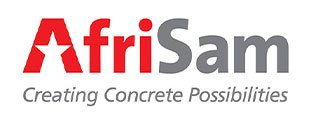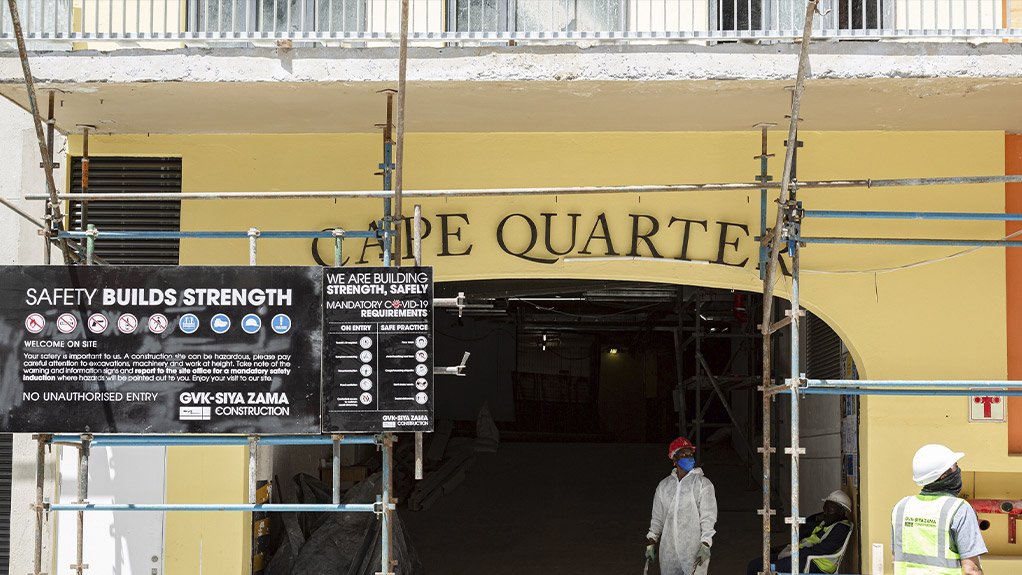Construction innovation played an important role, particularly in terms of readymix supply, at the Old Cape Quarter Project in De Waterkant. Here contractor, GVK Siya Zama Construction had to mitigate variable ground conditions at an upmarket mixed-use development.
Variable ground conditions at an upmarket mixed-use development in Cape Town has demanded some innovative solutions from contractor GVK-Siya Zama Construction and readymix specialist AfriSam.
At the Old Cape Quarter project in De Waterkant, four floors of luxury apartments are being added to retail and office space. This meant substantial strengthening of the foundations and columns to accommodate the increased load, according to Garth Robb, contracts director at GVK-Siya Zama Construction. This was not a straightforward process, says Robb, with insufficient space in the basement areas for normal class 3 formwork.
“We made extensive use of biscuit columns, where we added reinforcing around the old existing columns and core-drilled at an angle from above – adding grout to beef up the column sizes,” he says. “We core-drilled through the base to transfer the load onto the piling, with a number of columns and bases needing to be demolished and reconstructed.”
A key complication was that concrete could only be poured manually into the biscuit columns by wheelbarrow, through 60mm core holes from the slab above. Each column took up to an hour to pour, with admixtures accelerating the hardening rate of this highly fluid 60MPa concrete.
“There was no option but for concrete to be delivered in smaller volumes, otherwise the concrete would harden in the trucks before it could be used,” he says. “AfriSam worked closely with us to find a solution, which was to deliver just one cubic metre of readymix at a time.”
Readymix trucks usually carry six to eight cubic metres, so carrying just a fraction of this had severe implications for efficiency. However, the situation demanded flexibility from both partners, says AfriSam territory manager Melanie Ross, and the needs of the customer had to come first.
“Also, the pours could only start in the afternoon, and often continued beyond the 18h00 deadline agreed between the contractor and the authorities,” says Ross. “So extended permissions were obtained, and the AfriSam-contracted drivers agreed to put in the extra time until pours were completed.”
AfriSam supplied over 9,700 m3 of readymix to the Old Cape Quarter project, and about 10 different concrete mixes for different applications. These came from the company’s Woodstock plant about 8km from site and its Peninsula Quarry plant at Durbanville.






